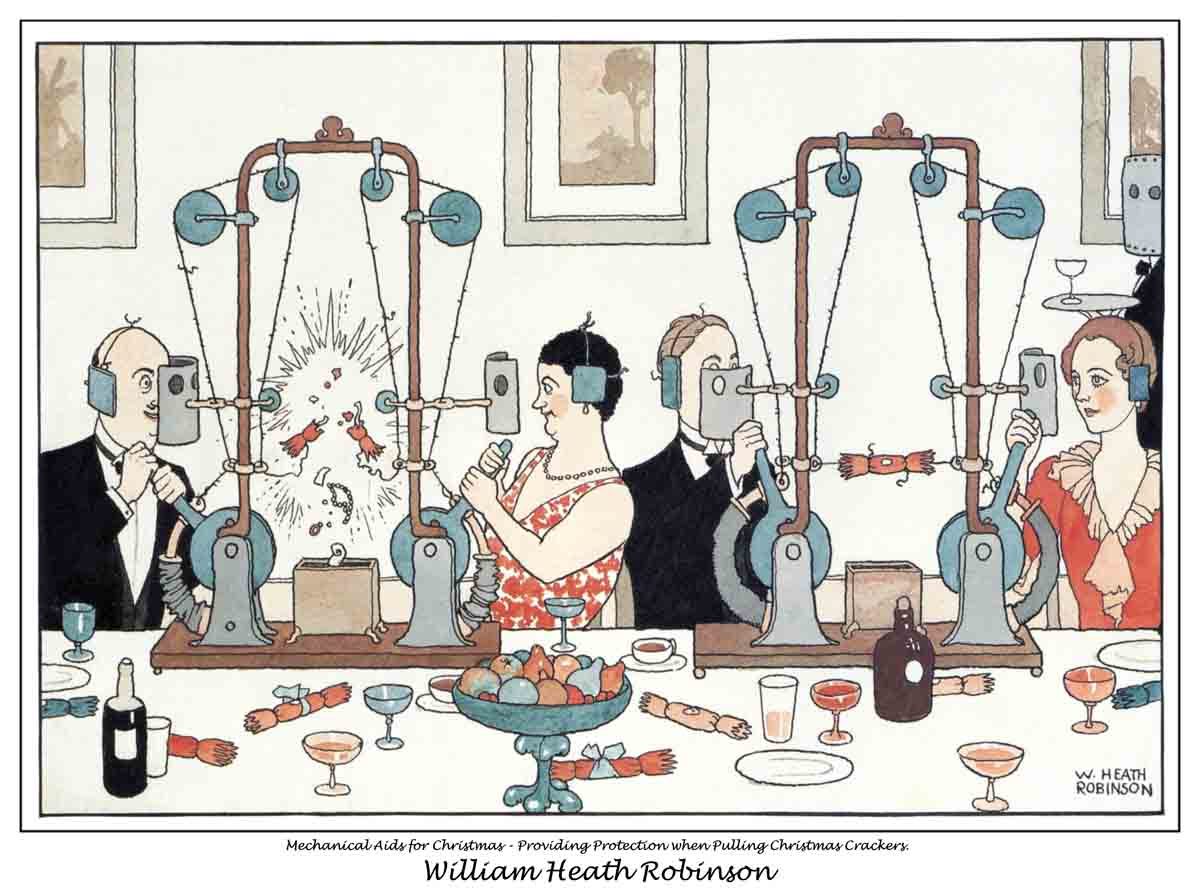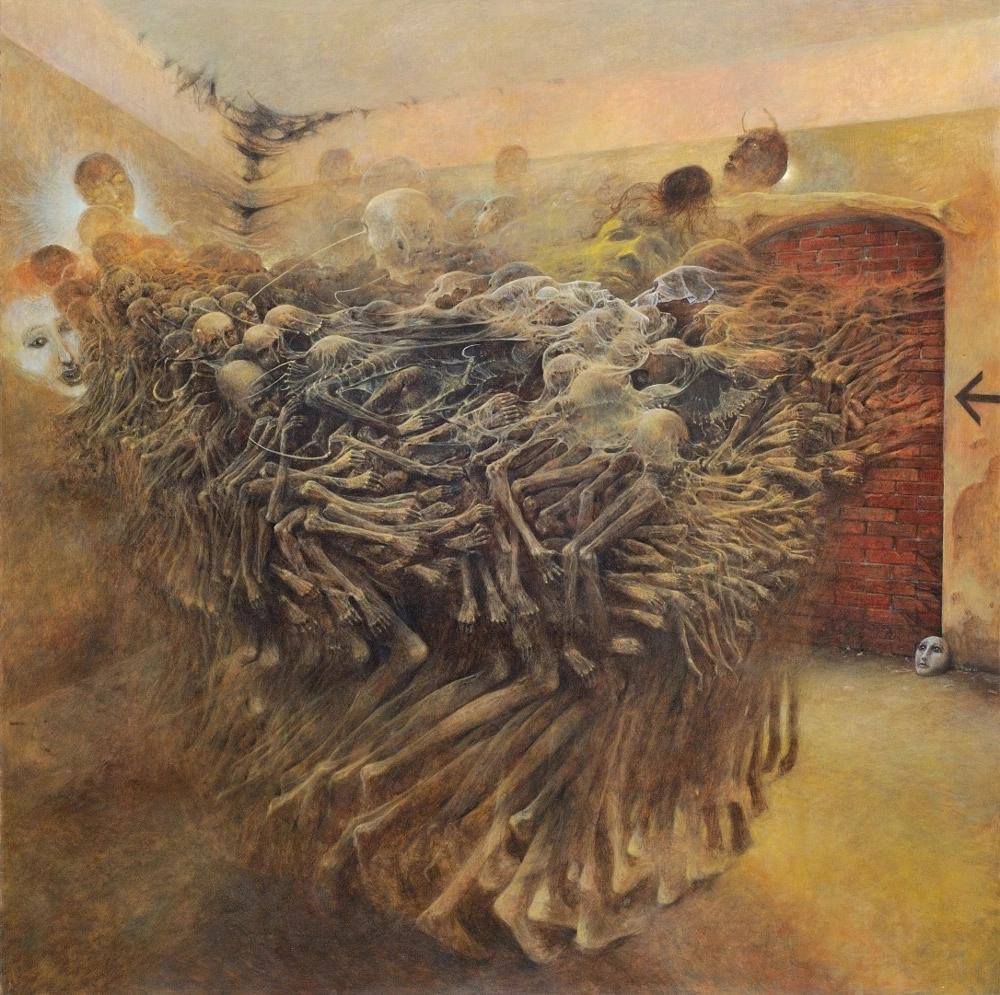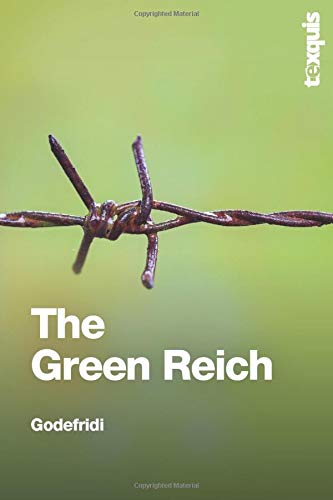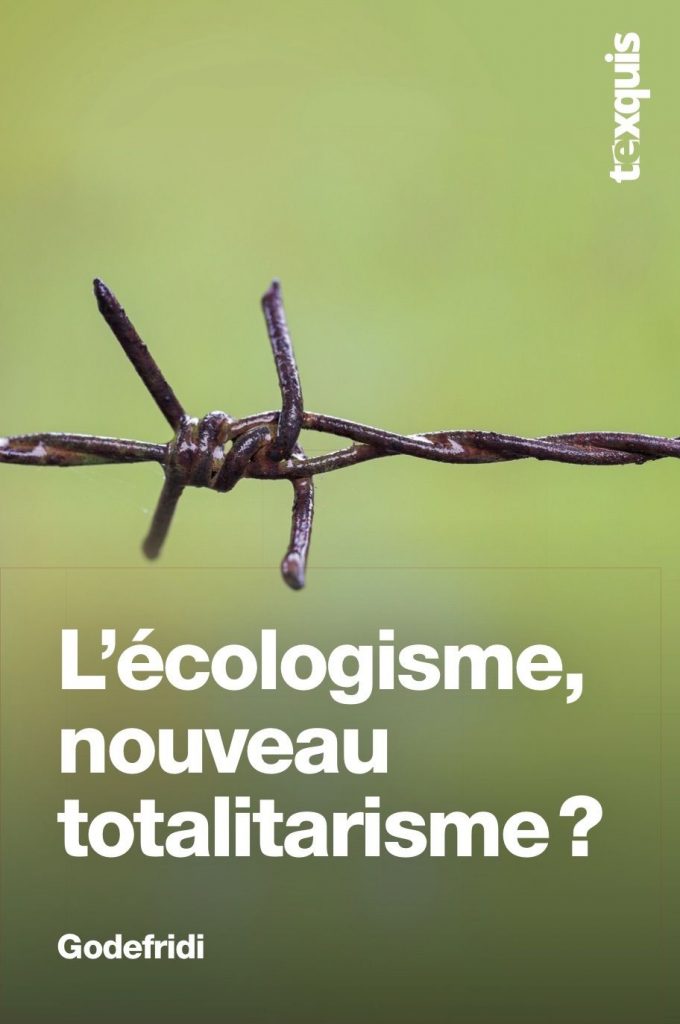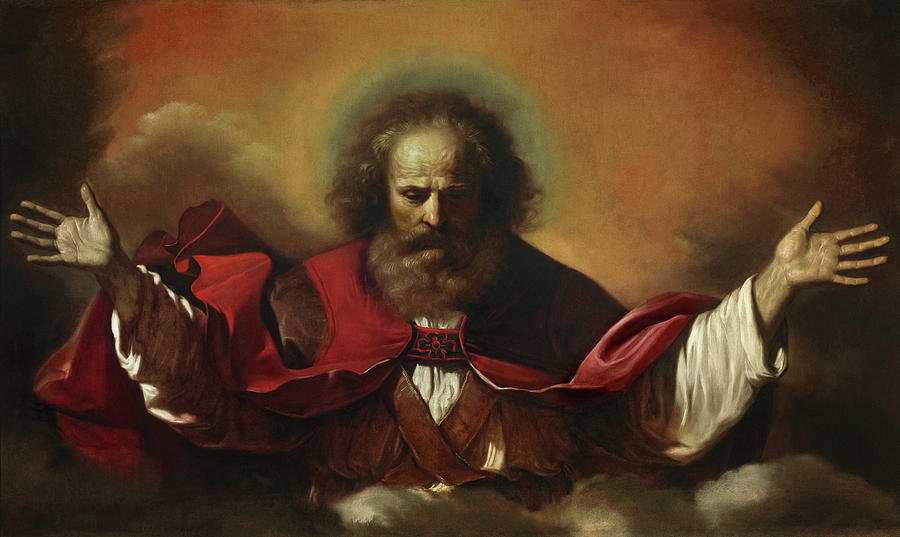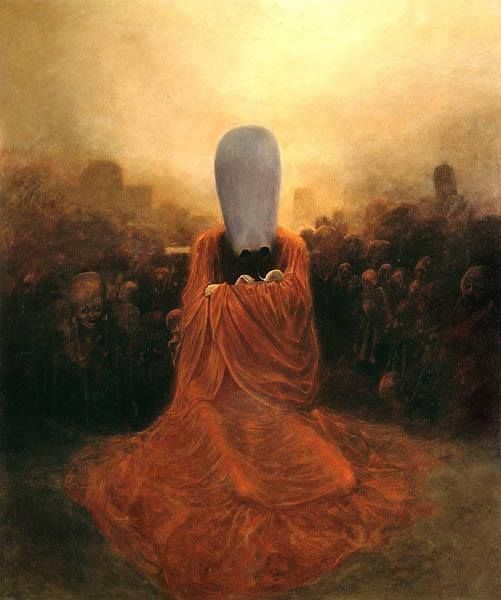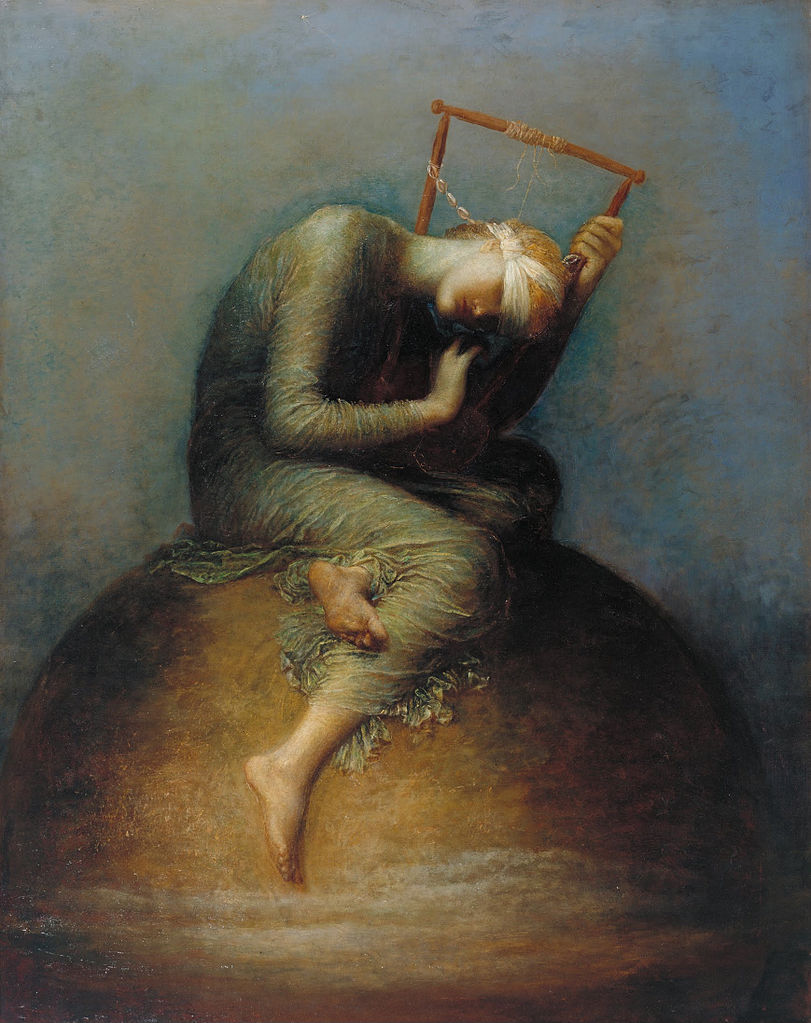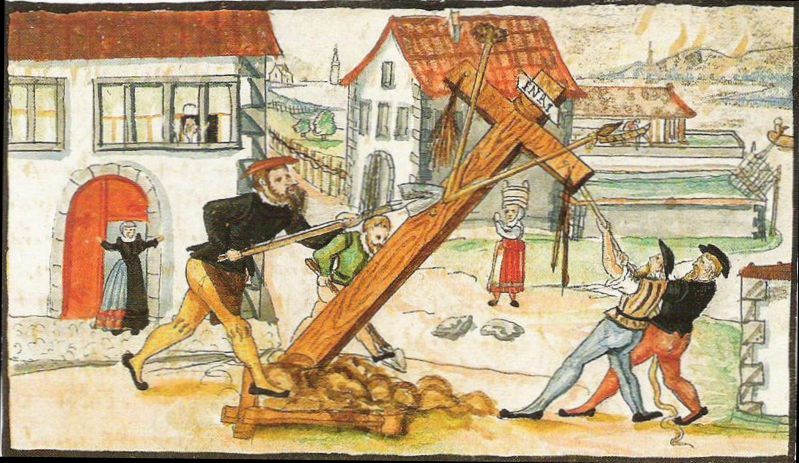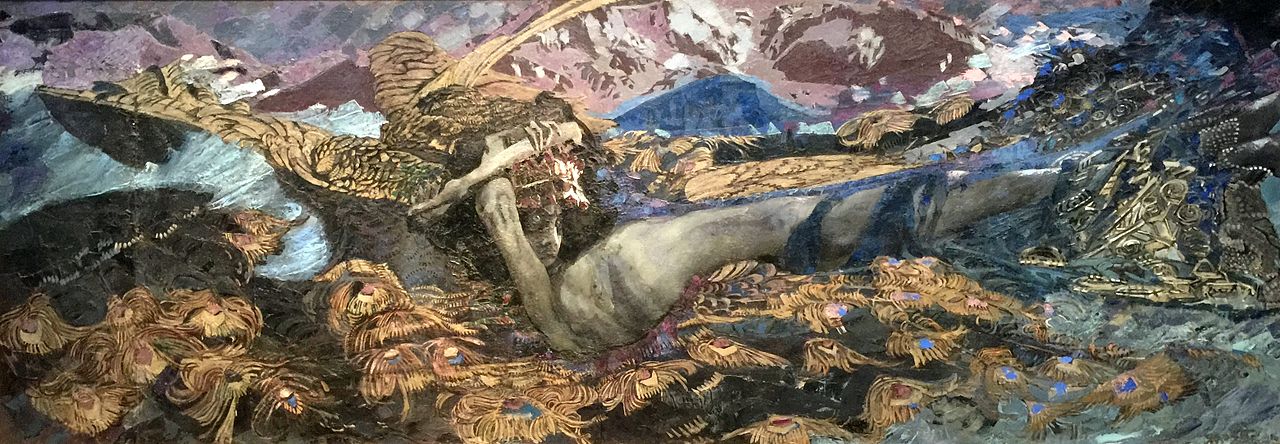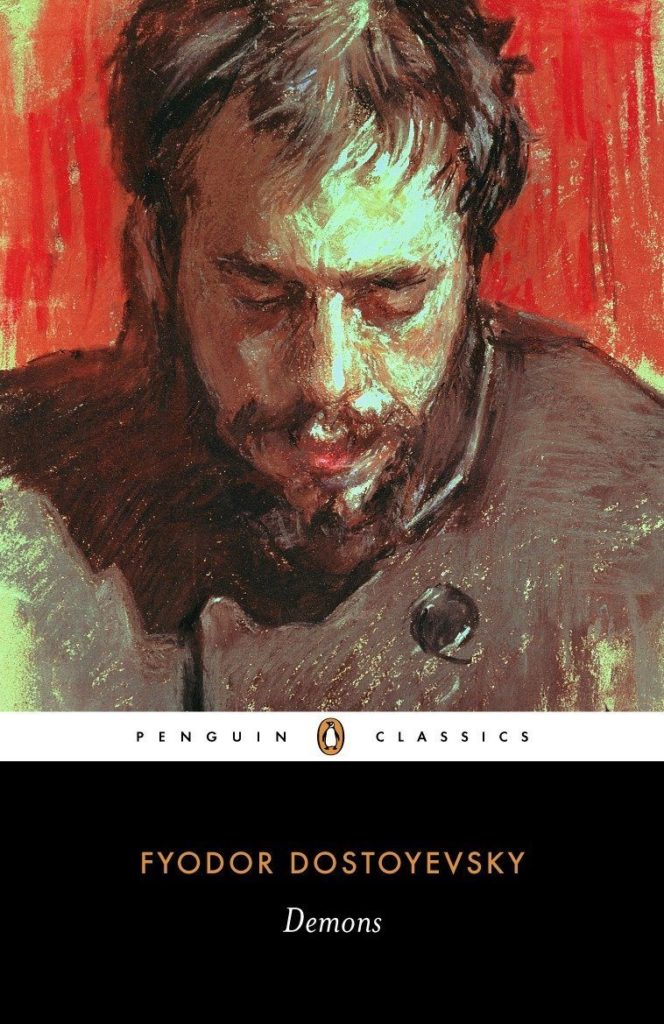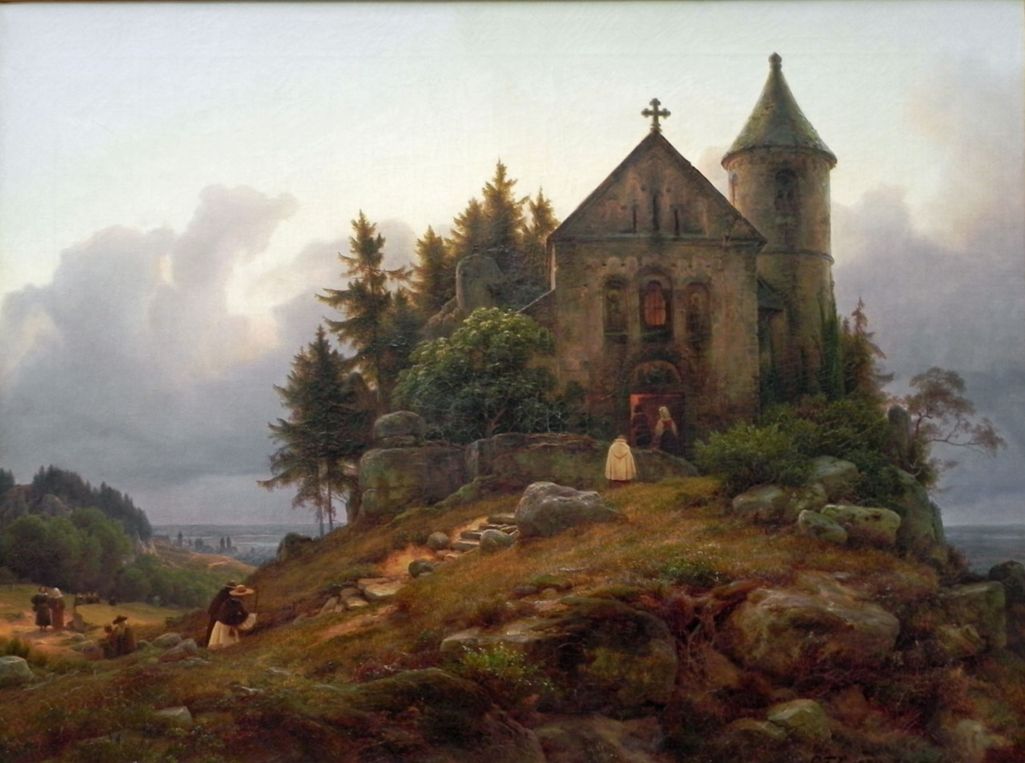On Boxing Day, 1966, a medieval historian delivered a paper to the American Association for the Advancement of Science. The paper was entitled, “The Historic Roots of Our Ecologic Crisis.” The historian was Lynn White, Jr.
The paper caused quite the stir, and by the time it was published in the March 1967 issue of Science magazine, it was already famous.
So famous that it remains a classic to this day and is used by all who want to further their various environmental agendas by bashing Christianity for being inherently anti-ecological.
In his paper, White made wide-ranging claims, which are nothing more than his own misunderstood or misrepresented notions about Christian history, Christian theology, and the history of ideas. Needless to say, he comes across as not really knowing what he’s actually talking about.
In brief, this is what White claimed to be the “truth”…
- That the western mind is conditioned to exploit and dominate and degrade nature.
- That western man views the whole of nature as specifically created for human use (and therefore open to exploitation at all cost).
- That the western mind forever seeks to control nature because it is indifferent to what nature really is (a living entity).
- That the only way to stop natural degradation is to work towards changing the western mind to a more eco-friendly one.
- Therefore, western man is a despot because of the way he has been conditioned to think.
- How did western man come up with such a wretched mindset –you guessed it…because of Christianity. You see, people read five verses in the Bible (Genesis 1:25-30), and launched into full exploitation mode.
- White’s solution? Radically change Christianity, or replace it with something more kind and gentle to nature.
As is obvious, this sort of thinking has had a deep and pervasive influence in the West, with Christianity being portrayed as the chief villain, responsible for all kinds of nastiness like, “colonialism,” “patriarchy,” “racism,” “gender-bias,” and even “misogyny.”
Hence the concerted and relentless attacks on Christianity, which the emotional rather than intellectual progeny of White perceive as a roadblock to their Utopia of “green,” “sustainable,” “multicultural,” “gender-neutral,” “matriarchal” life.
But is any of this true?
Many people have tried to take White’s essay to task, but his assumptions are now protected by the hallowed cloak of being a “classic.”
Thus, all critical responses are ultimately ineffectual, since once the influence of a “classic” percolates down into popular mythology, criticisms become ineffectual and thus meaningless.
The critique that follows of White’s shallow understanding and misrepresentation is fully cognizant of its own ultimate pointlessness.
The truly sad consequence of White’s mythologization is that most Christians actually accept what he preaches and try to correct and “update” their received theology.
Of course, the minute you say a theology needs updating, you also fully accept the fact then that said theology cannot be true, because it needs updating to “fit into” what the world has now become. But that’s a side issue for now.
Let’s continue with White.
His arguments and assumptions show that he does not really understand anything outside his own narrow area of specialization (which was medieval technology). But that never really stopped anyone from formulating opinions based on what he thinks he knows, rather than on what he actually knows.
Even in his scholarly works, he is peddling assumptions that have long been proven to be incorrect, or just plain wrong. For example, in his magnum opus, Medieval Technology and Social Change, which is best left on the bookshelf unread.
So, if he can’t even get things right in his own area of expertise, is he really to be trusted when he launches into critiquing and then suggesting “viable” solutions for something he’s not an expert on – like the environment and the western mind?
One should hope not!
For example, he knows nothing about Christian history, Greco-Roman philosophy, Roman Christianity, ancient religions, scriptural hermeneutics.
And he most certainly knows nothing about theology (not even medieval theology – and he was a medievalist), philosophy, Modernism, secularism, Marxism, consumerism and postmodernism (Jacques Derrida’s seminal work, Of Grammatology came out in 1967, the same year as White’s essay).
He needed to have some acquaintance with these varied areas of research in order to actually critique Christianity, but he was tabula rasa. But he forged on regardless.
In fact, all these developments in western thought had a far more devastating role to play in environmental exploitation than five verses in the Book of Genesis.
But when White sits down to write a comprehensive analysis of what is going wrong with the world, his reach is not simply limited, it’s misguided because he can look no further than his own ignorance.
He’s like the Rev. Dean Drone, in Sunshine Sketches of a Little Town, who overhears someone calling him a “mugwump,” and is to be found, later that evening, going through a book, entitled, Animals of Palestine. When he can’t find the mugwump listed in said book, the reverend decides that this particular animal must have been unknown “in the greater days of Judea.”
Truth is always complex. It only becomes simple when it is misunderstood, or when it is misrepresented.
Rereading White’s highly influential essay half-a-century later make certain things immediately stand out.
There’s the habit of making sweeping statements which barely crawl past the opinion stage.
Things like:
- that Christianity wrongly destroyed the better pagan view of seeing spirits in nature;
- that Christianity teaches anthropocentrism and changes nature from sacred to useful;
- that Christianity enables the exploitation of nature because the religion is indifferent to the “feelings” of natural things;
- that Christianity bears the entire “burden of guilt” for making the West into a domineering and exploitative force;
- and that the West needs to find a better religion, or change Christianity so can be “green” and “eco-friendly.”
Let’s have a look at what White is actually saying.
Is it better to have people believing that spirits inhabit everything, and did Christianity actually destroy it?
Briefly, what White is assuming to be “paganism” is actually “shamanism” (which is nature spirituality). He’s again confused.
Greco-Roman paganism was polytheistic, but it was not shamanistic. Yes, it had gods, but that did not translate into some sort of nature spirituality (for now, let’s just point to the Roman arenas where huge number of animals were slaughtered for entertainment)
Nature, in the Greco-Roman world was seen as chaotic and threatening and thus needed to be controlled. In other words, pollution, degradation and exploitation were rife in the pagan world (White knew nothing about it).
White’s heroes, the pagans, were happy carrying out mass deforestation, while horribly polluting water and air and soil with things like the industrial-scale smelting and mining.
So, how did the Romans become such excellent polluters, exploiters and dominators – without first being instructed, in that fine art, by Genesis 1:25-30? White is clueless.
Greco-Roman paganism was exploitative, domineering, and cruel. White is simply erecting a self-serving construct of “good” pagans so he can the more easily bash Christianity. It’s a lot easier that way.
Thinking that there are spirits everywhere does not make you into a green citizen of the world. According to the Roman example, it makes you a very effective manipulator, because you have to continually come up with strategies to control nature so it won’t harm you. You have to control nature so it kill you. Basic human survival.
Next, does Christianity teach anthropocentrism by transferring nature from the “sacred” slot to useful one, which then leads to indifferent to nature? The answer again is, No.
Once again, White doesn’t know what he’s talking about.
Anthropocentrism, as the word suggests, is a Greek invention (long before Christianity). It’s what came to be called, “Humanism.”
Or, in the famous words of Protagoras, “Man is the measure of all things.” The Pre-Socratic philosophers, as well as Plato and Aristotle, knew that nature was meaningless – and useless – without the human mind.
On the other hand, Christjanity denies anthropocentrism, because it makes human beings into God’s creation, who exist in an allegorical relationship with nature.
Nature, in the Christian view, forever teaches mankind eternal truths (that’s why it’s allegorical).
This is the view of the Bible and all the Christian theologians, such as, Origen, Augustine, St. Thomas Aquinas, St. Bonaventure, Meister Eckhart, and many others.
Thus, in the Christian view, nature is not useful, it is didactic – it is a guide, a counselor, an adviser to mankind about the mysteries of God.
This means that a Christian cannot be indifferent and hostile to nature. Such an attitude would be a denial of God’s purpose. How? Because both nature and Scripture are one and the same.
White is simplistic and wrong, because the Christian view of nature is far more sophisticated and caring than he can imagine. He just doesn’t have the proper intellectual background to discuss the issue properly. So, by default he turns to what he actually knows, like Rev Drone.
Next, did Christianity make the West into both “dominating” and “exploitative?” Again, no.
White cannot fathom the fact that any community, any culture, any civilization has the right to clothe and feed itself. Humans cannot exist without dominating and exploiting natural resources.
This is the real problem that all modern environmental activists cannot solve. How a world built according to their “green specifications” will actually feed and clothe itself?
When White extrapolates western negative character traits from Genesis 1:25-30, he is veering into territory that he doesn’t understand.
The real exploitation and domination only begins when the West cuts itself off from Christianity and pretends that it can live rootlessly.
It’s the West’s scientific secularism and atheism which changes nature into an inert thing. Therefore, mankind sets out trying to find uses for what nature has. Exploitation follows, as usefulness ramps up into consumerism, which is an extension of materialism.
Consumerism has only virtue – profit. Here the shadow of Thomas Hobbes looms large, but White can’t notice it.
So, ecological degradation is the by-product of materialism. That is where the blame really lies.
But White is hampered by his own ignorance, and the Rev. Dean Drake has to root around in his own limited knowledge in order to come up with an explanation to a very complex historical process.
As for White’s “solution” of creating a better religion than Christianity, or fixing Christianity so it becomes “better” for him, that’s all just his own fix to a problem that he himself has created.
Of course, if you’re going to say that all the world’s problems come from Genesis 1:25-30, then the fix is easy. Get rid of Genesis 1:25-30.
But what if the problem is far more convoluted than White can even imagine?
How can a man, who shows a very limited understanding of the life of ideas, actually presume to correct, and fix, what he is clueless about?
White has no solutions. He just has a faulty agenda that he wants to push as the “truth.” His “arguments” are nothing but caricatures of thinking.
Here’s the ultimate problem that White faces. He’s trying to prove the historical consequences of five scriptural verses.
In other words, he has veered into proving reception – and he’s both inadequate and incapable for the task.
White best trick is to trundle long-debunked notions, like the “Protestant Work Ethic,” which was invented by Max Weber (who wanted to understand why the West became secular and atheistic).
In other words, White tries to prove his case by relying on false data. And, importantly, he doesn’t even know that it’s false! He thinks it’s all true!
Then, there’s that annoying fact about Christianity outside of Europe – in Africa, and in all (yes, all) parts of Asia.
How come none of these Christians suddenly got into domination and exploitation mode after reading Genesis 1:25-30?
But, lest some social-justice-warriors gleefully leap into the usual Europe-bashing routine, let’s continue with another problem that White cannot address (because he’s clueless that it even exists).
The Genesis creation exists also in Judaism. Surely, given the immense amount of cultural power that White ascribes to Genesis 1:25-30, one would expect that when Jews read these words, say, in Djerba, they might paddle out into the Gulf of Gabès, looking for ways exploit and dominate?
In other words, why do people in other parts of the world react (receive) Genesis 1:25-30 differently from what White imagines? If only the words of this passage have had such a devastating effect?
But…White says nothing about such Genesis-indoctrinated Jews and Christians beyond Europe.
According to White’s scheme of things, these five Bible verses only changed Europeans into the domineering, exploitative sort. Why, of course!
Need we go on? Well, just for a bit longer.
The Genesis story also appears (wait for it…) in the Koran, in the Al-Baqarah section, where Adam is (you guessed it) given dominion over the earth, as Allah’s Caliph (or a sort of Pope), to do as he pleases – and to let loose blood and devastation, as Allah’s angels observe.
But, as might be guessed, White knowns nothing about the Genesis-Koran connection.
So, the reception of the Genesis creation story is not only “Eurocentric” and “Protestant-Work-Ethical.” It is also Asian-and-African Christian, Jewish, and Islamic.
Outside of Europe it seems, Genesis 1:25-30 couldn’t do its usual “conditioning.”
But since White seems not to know about any of this, he can safely assume that it just doesn’t exist.
Then, there’s the larger problem of how the entire book of Genesis has actually been read and understood throughout Christian history.
In Christian theology (another topic that White knows nothing about – but that has never stopped anybody when there’s an ax to grind), the term used in Genesis 1:25-30, “dominion” never meant exploitation or domination (as White assumes – which points to the fact that he’s a literalist – and you can only be a literalist if you don’t know much).
“Whiteism” is the problem with present-day literalists, as well – they read the Bible without any understanding, or knowledge of, the Magisterium, the vast tradition of learning that complements and theologically explains what is contained in the Bible. This is a problem with Protestantism, where people have to make things up as they go along.
White does the same thing – make things up as he goes along, so he can sound convincing.
In fact, in Christian theology, the word “dominion,” in Genesis, refers to controlling the passions of the body which always led to sin.
“Dominion” never had an ecological sense at all. This sense has been added by White.
Historically, Christians read the Bible allegorically, not literally (literalism is the result of secularism, which sees itself as an authority in and of itself).
In fact, when we project a literalist reading of Scripture back into time, we are only demonstrating our own ignorance.
With the rise of secularism, the intellectual tradition of Christianity has all but vanished. This results in the rootlessness of the West, which now sees its own nourishment (Christianity) as poisonous. This attitude is created by the Enlightenment.
It is secularism which launches Europe into exploitation and domination mode – not Christianity.
For example, here’s Joseph Glanvill, writing in 1665 – that the new philosophy (the Enlightenment) offers “ways of captivating Nature, and making her subserve our purposes and designments.” He continues that this will lead to “the Empire of Man over Nature.”
This has nothing to do with Genesis 1:25-30.
By the way, none of these Enlightenment philosophers adds, “I’m getting all this, in case you’re wondering, from Genesis 1:25-30 and so, God wills it, etc.”
It’s highly doubtful that White bothered much with the many, many secular philosophers during and after the Enlightenment.
White was what he was – but the reception of his critique has been long-lived, and therefore his notions need to be challenged and debunked.
Alas, most Christians today have drunk his Kool-Aid and go about lecturing everyone how Christians need to get past the exploitative and domineering message of Genesis 1:25-30.
Sadder still is the fact that both Christians and their critics are deeply ignorant of the history of western ideas.
If we do not know history, we don’t just repeat it, but we stupidly repeat the lies fed to us.
But that is the tale of the modern world – flying off into high moral dudgeon because of the rhetorical force of lies.
What is the real Christian ecological message?
Here it is: “Behold the fowls of the air: for they sow not, neither do they reap, nor gather into barns; yet your heavenly Father feeds them” (Matthew 6:26).
It is only when this real message of Christianity is forgotten and lost, that exploitation and domination begin.
And if people want to find the ideas that led to exploitation and wilful domination, then they need look no further than secularism.
The spoliation of the earth, and the exploitation of the weak, are both the fruits of the West’s apostasy from its true root – the redemptive message of Christianity.
Without it, the West is lost…”You are the salt of the earth. But if the salt loses its saltiness, how can it be made salty again? It is no longer good for anything, except to be thrown out and trampled underfoot” (Matthew 5:13).
The photo shows, “Chapel on the Edge of the Wood, ” by Karl Friedrich Lessing, painted in 1839.
